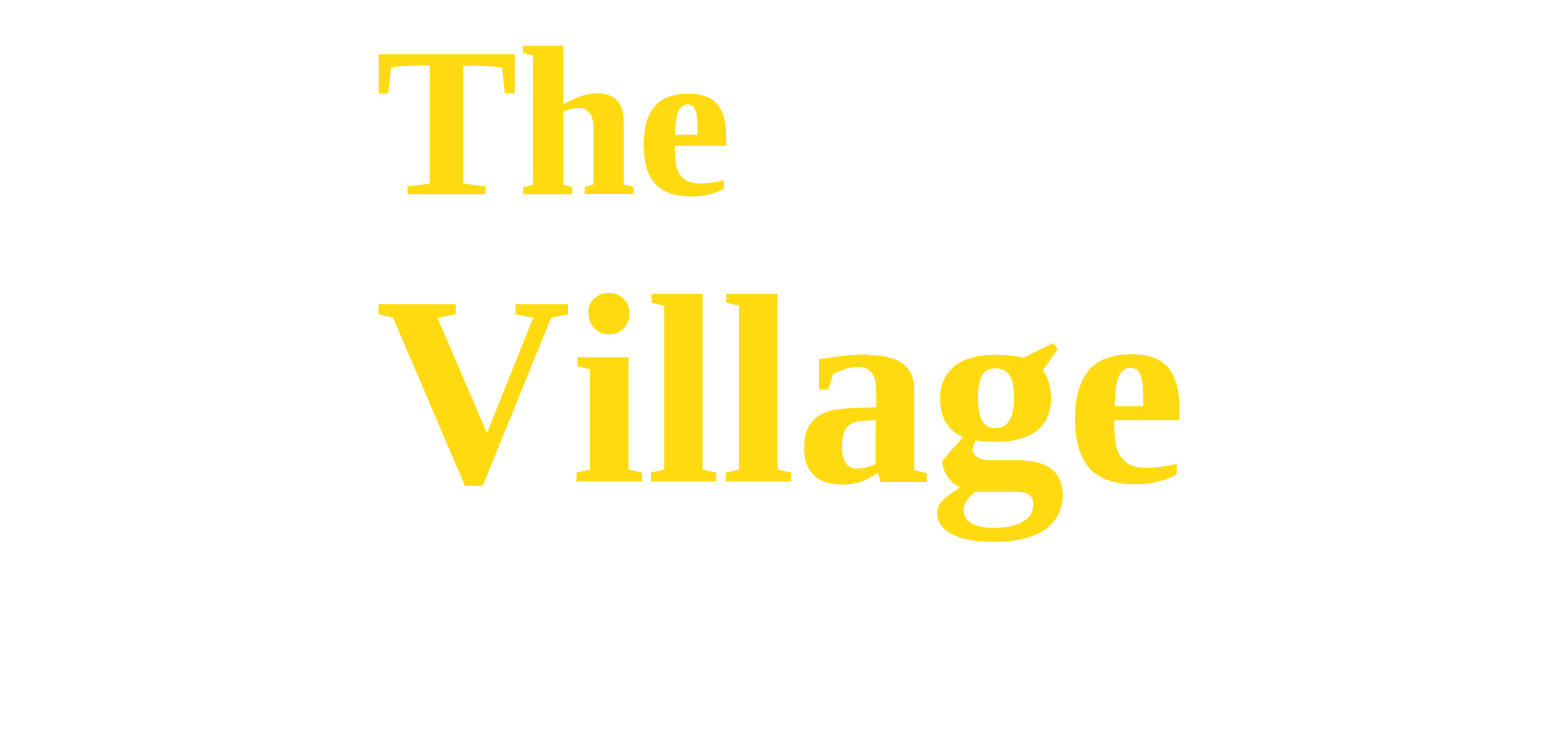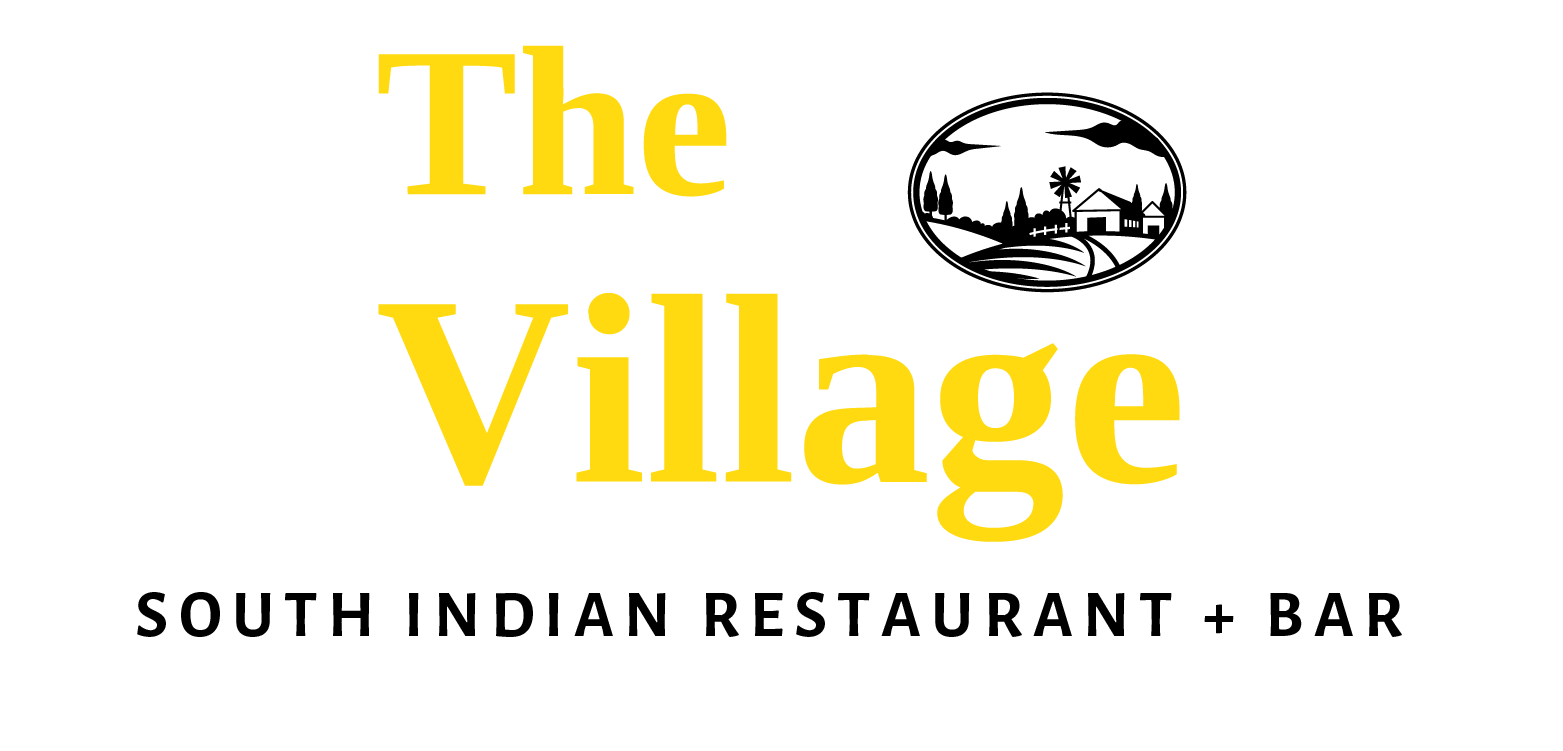The Due Diligence Boardroom
Due diligence is the process of vetting a business entity before entering into a business contract whether with vendors, clients or a third party. It is also a pillar of good governance. It requires individuals and groups to perform the same actions like any reasonable person in similar circumstances.
In the past due diligence was usually conducted by the board of directors, who would invite auditors to spend days going through the financial records and other data. Although there are still instances where this is required, the vast majority of companies do their due diligence via a virtual data room (VDR).
The most common types of information required during due diligence are:
A complete financial history, including audits and tax records from the past https://datahotelroom.info/document-mastery-unraveling-the-magic-of-virtual-management-tools/ and any financial assessments from external sources. This will also include the statements on profit and loss, cash flow projections, balance sheets, and more.
Information about the products and service that a company offers, as well as any R&D projects currently ongoing. This may include a list of any patents, trademarks and other intellectual property.
Buyers are also interested in the competitive advantage of a company which can include information like their customer base, sales pipeline, market reach and more. This can be achieved by studying the data a company has on these factors, and by talking to existing customers.
As a seller, you should be able and willing to provide the information requested by a prospective buyer. It’s not enough to divulge everything, since it’s essential to safeguard your intellectual assets. It’s crucial to control access to ensure that only your most reliable partners have access to your most sensitive information.


+ There are no comments
Add yours